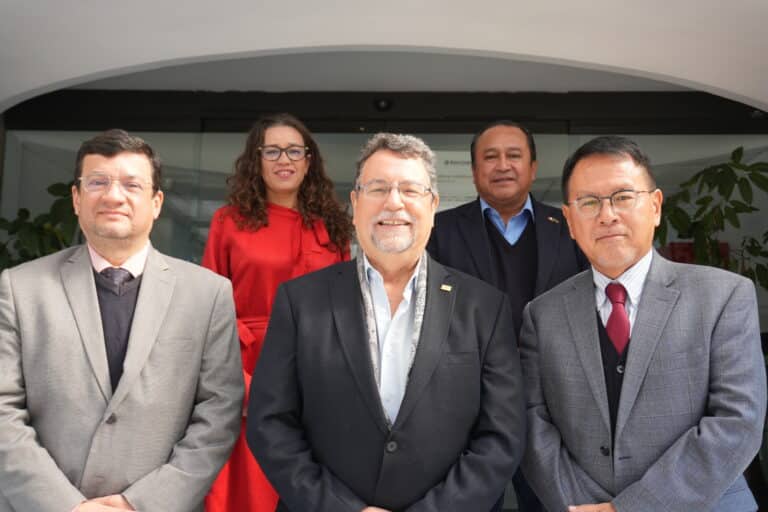The Flagship Project (FP) of Inclusion in Agriculture and Rural Territories seeks to reduce poverty and inequities and the equitable and sustainable incorporation of these groups in the processes of revitalization of the agricultural and rural economy

 Santo Domingo, Dominican Republic, November 2017 (IICA). The Flagship Project of Inclusion in Agriculture and Rural Territories had scheduled the following activities for 2017: the preparation of two (2) Business Plans and a training program with topics such as: Leadership, Empowerment, Advocacy and Chain Capacity for marketing activities.
Santo Domingo, Dominican Republic, November 2017 (IICA). The Flagship Project of Inclusion in Agriculture and Rural Territories had scheduled the following activities for 2017: the preparation of two (2) Business Plans and a training program with topics such as: Leadership, Empowerment, Advocacy and Chain Capacity for marketing activities.
This project was carried out in the communities of Las Yayas, Padre Las Casas and Guayabal in Azua province, in the south of the Dominican Republic and it addressed these activities within the components No. 2 «Contribution to the inclusive and equitable revitalization of the territorial economy» and No. 3 on the «Empowerment of excluded groups of the territory»; respectively.
Around three organizations were beneficiaries from the elaboration of these two (2) Business Plans, where it was evaluated the potentialities of the coffee and avocado crops. These organizations also benefitted with information on the importance of collecting the volumes produced by its partners and to conduct business together to obtain better prices and different options of markets to sell their products.
These Business Plans were socialized with territorial agribusinesses and financial institutions from the agricultural sector that could be interested in supporting these organizations with working capital based on their feasibility.
 On the other hand, the training program was able to benefit around five organizations in the territory which participated in the workshops that took place in the municipalities of the Azua province
On the other hand, the training program was able to benefit around five organizations in the territory which participated in the workshops that took place in the municipalities of the Azua province
This FP Inclusion Flagship Working Plan was carried out with the support and collaboration of the Las Cuevas-Las Yayas Territorial Action Group (GAT) whose purpose is to mobilize and incorporate all public and private actors (institutional, economic and social), with their different interests and expectations, preventing any specific group with more power from exclusively controlling the process.
More information: Héctor Garibaldis Pérez,
Specialist on Agribusiness











